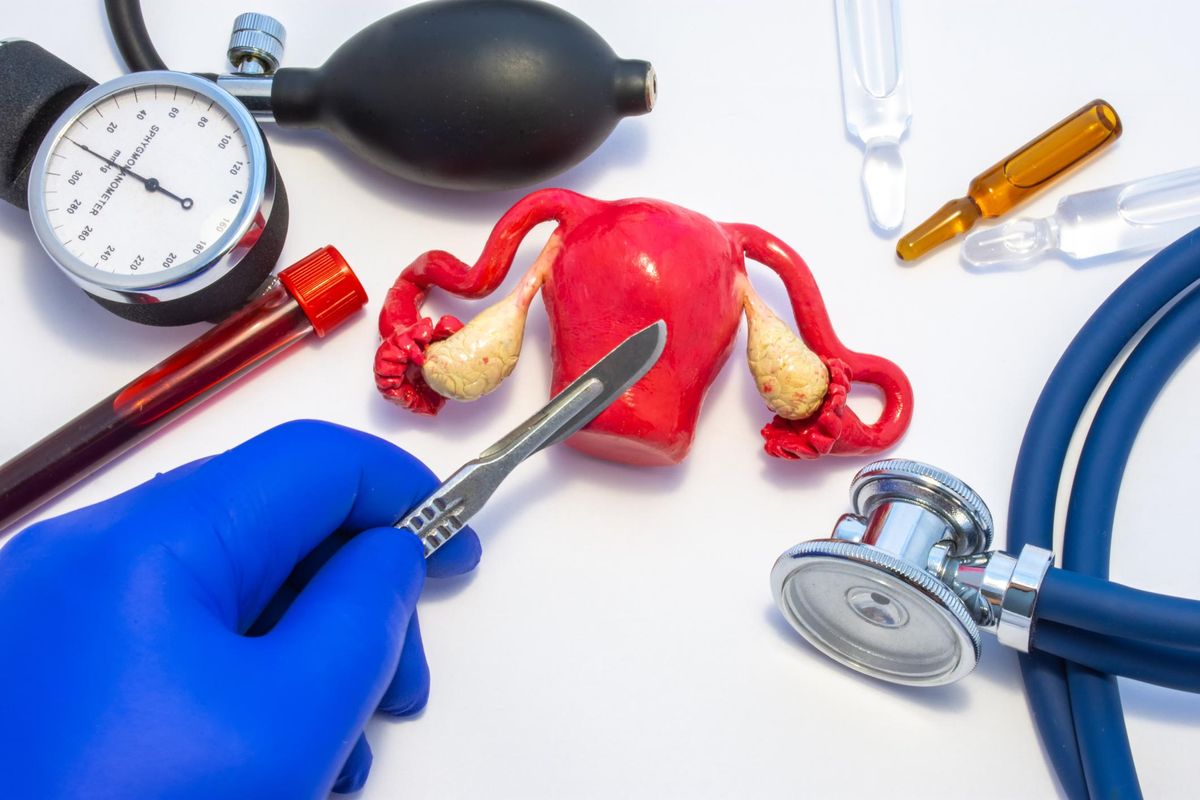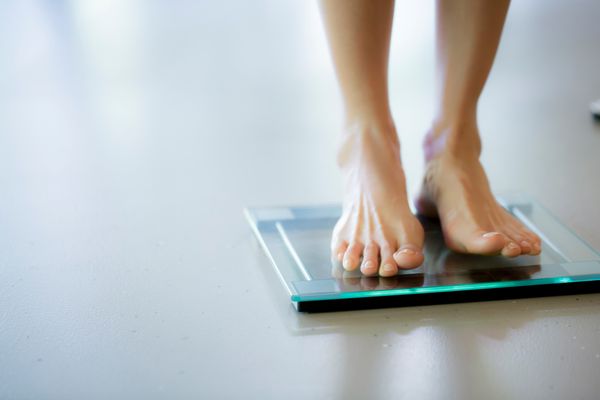Q:
I had a partial hysterectomy four years ago due to fibroids. I was 48 years old and weighed 116 pounds. (I'm five-foot-one.) Now I weigh 137 pounds. I have not changed my diet or exercise routine. I still have my ovaries. Do you think it was just the hysterectomy that caused my weight gain? What can I do to lose weight?
A:
I hear your question so often from my patients. And the answer isn't simple. There is some evidence showing that women tend to gain more weight after hysterectomy than after natural menopause. Why that is, especially since these women still have their ovaries, just isn't clear.
However, although your uterus was removed when you were 48, in the four years since you've probably reached menopause (you may not know it since you weren't menstruating). And it is clear that women often gain weight after menopause.
This weight gain doesn't appear to be due to any effects from low estrogen/progesterone levels, but, rather, from changes in lifestyle (primarily becoming more sedentary) and because postmenopausal women tend to lose muscle and gain fat. That, in turn, leads to a slowing of your metabolism. Put more simply: Your calorie-burning furnace is operating on medium instead of high. That means that even if you're eating and exercising the same as four years ago, you either have to eat less or exercise more to maintain your weight.
But you're five steps ahead of many women: You already have a regular exercise routine and, from what it sounds like, a healthy diet. Now it's time to jump-start things a bit. One of the best ways to increase your metabolic rate is to build muscle. Pound for pound, muscle burns more calories than fat.
One of the best ways to build muscle is with some form of weight training. I recommend you check out your local YMCA, recreation center or private health club. If possible, hire a personal trainer for at least one session to show you how to work the weights and to design a routine that fits your current fitness level. Then, every two to three months, meet with the trainer to fine tune your routine as you get stronger.
Don't forget to keep some cardiovascular exercise in your routine, i.e., anything that increases your heart rate. It could be a brisk walk, a bike ride, swimming or using the treadmill, elliptical trainer or other equipment at the gym. It could be digging new garden beds, raking leaves or washing the car. But make movement a regular part of your life.
Now let's talk about your diet. One easy way to reduce calories without reducing the amount of food you eat is to up your fruit and vegetable intake. Add a large salad with low-fat dressing before lunch and dinner. You'll find you're not as hungry for the main meal. Add two pieces of fruit to your cereal bowl and make your midday snack some raw broccoli dipped in plain yogurt or low-fat ranch dressing. You get the idea.







